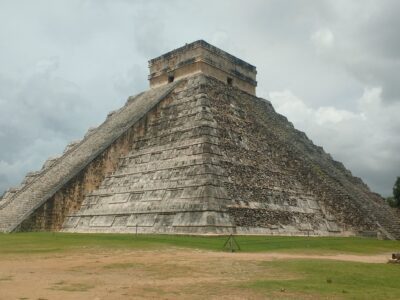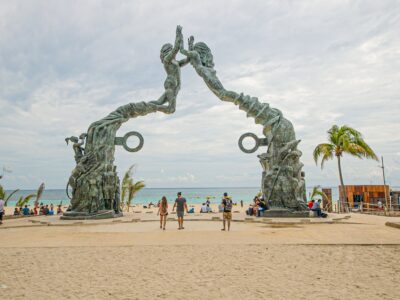Yucatán and Cuba maintain a cultural bond that has endured throughout the centuries.
Yucatán and Cuba shared a unique relationship during the era known as the “Porfiriato” (the Porfiriato was the period of Porfirio Díaz’s rule in Mexico, which lasted from 1877 to 1911), marked by the political stability and economic growth of Porfirio Díaz’s regime.
Yucatán and Cuba have intertwined history and culture.
Back in the early 20th Century, one of the most notable connections was trade. Yucatán, with its thriving henequen industry, exported large quantities of henequen to Cuba. In turn, Cuba, with its sugar production, sent products to Yucatán. This trade strengthened the economic ties between the two regions and contributed to their development.
In addition to trade, there were political and social ties. Many Yucatecans traveled to Cuba in search of job opportunities, especially in the sugar sector. This migration generated a Yucatecan diaspora in Cuba, strengthening cultural and family ties between the two populations. Furthermore, Yucatán’s political class maintained close relations with their Cuban counterparts, facilitating cooperation in various areas.
However, the relationship between Yucatán and Cuba also faced challenges. Political tensions in Mexico, culminating in the 1910 Revolution, affected commercial and social relations between the two regions.
Political instability in Mexico generated uncertainty and hampered trade. Furthermore, ideological differences between the various political groups in Yucatán and Cuba also influenced the bilateral relationship.
The post Yucatan and Cuba had a strong relationship during the “Porfiriato” first appeared on The Yucatan Times.














